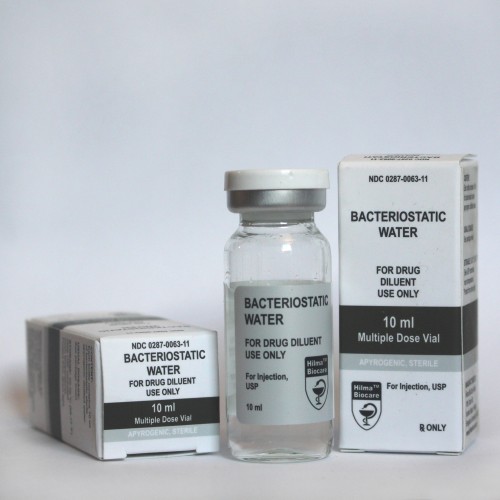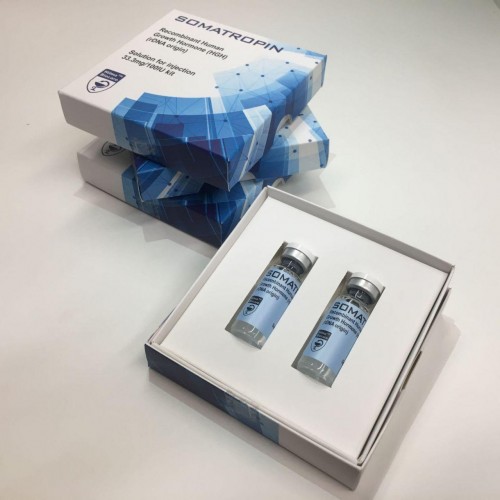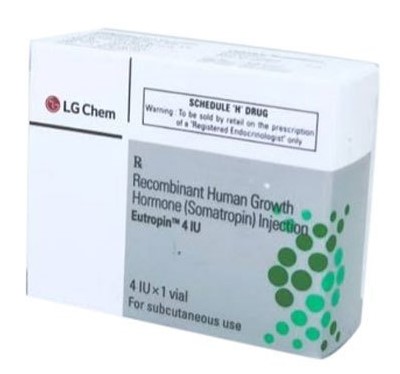Human Growth Hormone (HGH) and Its Functions
Human growth hormone (HGH), also known as somatotropin, is a vital hormone produced by the pituitary gland that plays essential roles in growth during childhood and maintenance of body structure and metabolism in adults. HGH stimulates growth primarily in children by promoting growth in various tissues and organs, particularly impacting cartilage and bone growth. It triggers the replication of chondrocytes in cartilage and osteoblasts in bones, facilitating vertical growth until the growth plates fuse.
Once an individual reaches adulthood and their bones stop growing taller, HGH continues to be crucial for maintaining normal body structure throughout life. Additionally, HGH influences metabolism by increasing the production of insulin-like growth factor-1 (IGF-1), which helps regulate how the body converts food into energy. IGF-1 acts as a mediator of HGH effects on cells and plays a role in managing blood sugar levels similar to insulin.
Synthetic HGH Uses and Abuses
Synthetic human growth hormone was developed in 1985 and is FDA-approved for specific medical conditions in both children and adults. In children, it is used to treat conditions such as short stature of unknown cause, Turner’s syndrome, Prader-Willi syndrome, chronic kidney disease, HGH deficiency, or being born small for gestational age. In adults, approved uses include short bowel syndrome, HGH deficiency due to pituitary tumors or treatment side effects, and muscle wasting associated with HIV/AIDS.
However, many people misuse HGH for non-FDA-approved purposes like building muscle mass or improving athletic performance. Some individuals combine HGH with anabolic steroids for these reasons despite limited evidence on its effectiveness in enhancing athletic abilities. Moreover, there are claims that HGH can reverse age-related bodily changes; however, these anti-aging uses are not supported by FDA approval or conclusive scientific evidence.
Side Effects and Risks of HGH Use
The use of synthetic HGH can lead to various side effects and health risks. Potential adverse effects include nerve, muscle, or joint pain; edema (fluid retention); carpal tunnel syndrome; skin numbness and tingling; and elevated cholesterol levels. Furthermore, prolonged use of HGH may increase the risk of diabetes development and contribute to the growth of cancerous tumors.
Obtaining HGH illicitly poses additional dangers as counterfeit products are prevalent due to the high cost of genuine medications. Without proper medical supervision from a healthcare provider, individuals may unknowingly use unapproved
Showing 1–12 of 27 results













